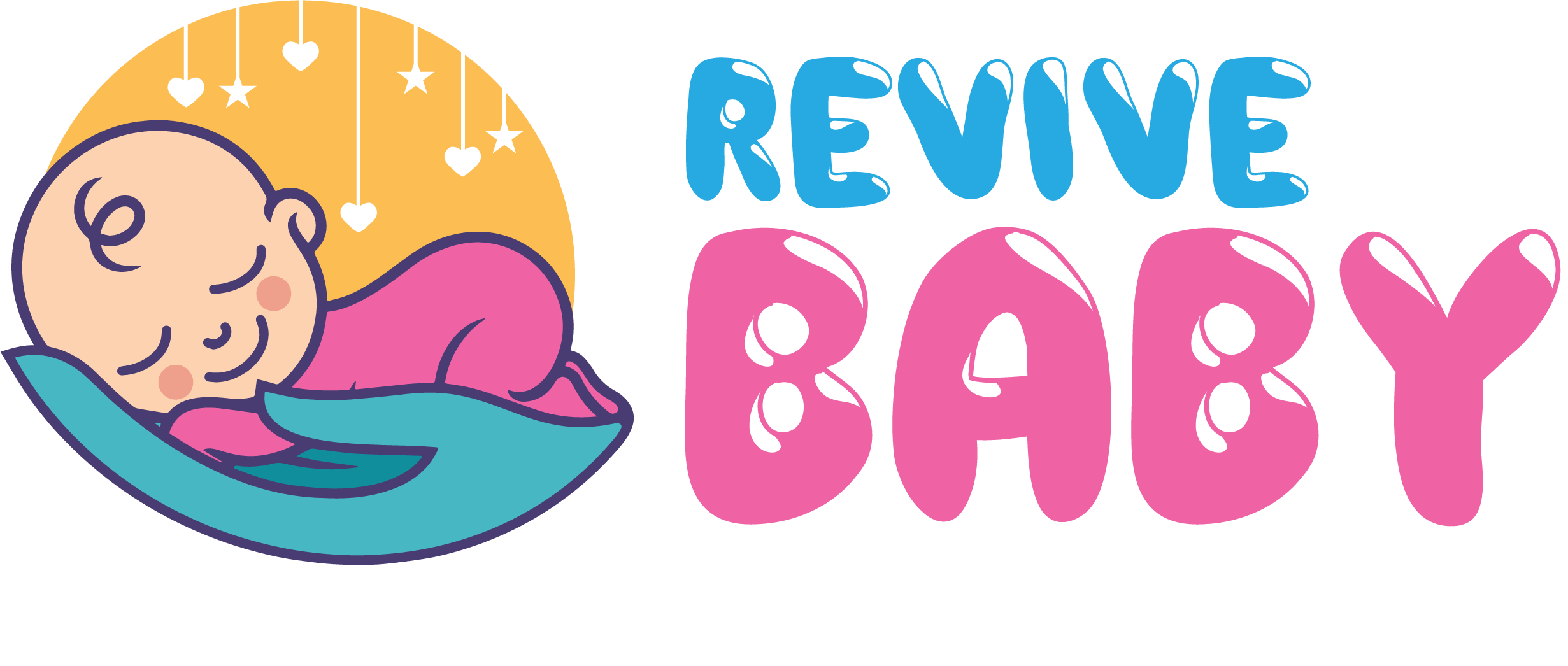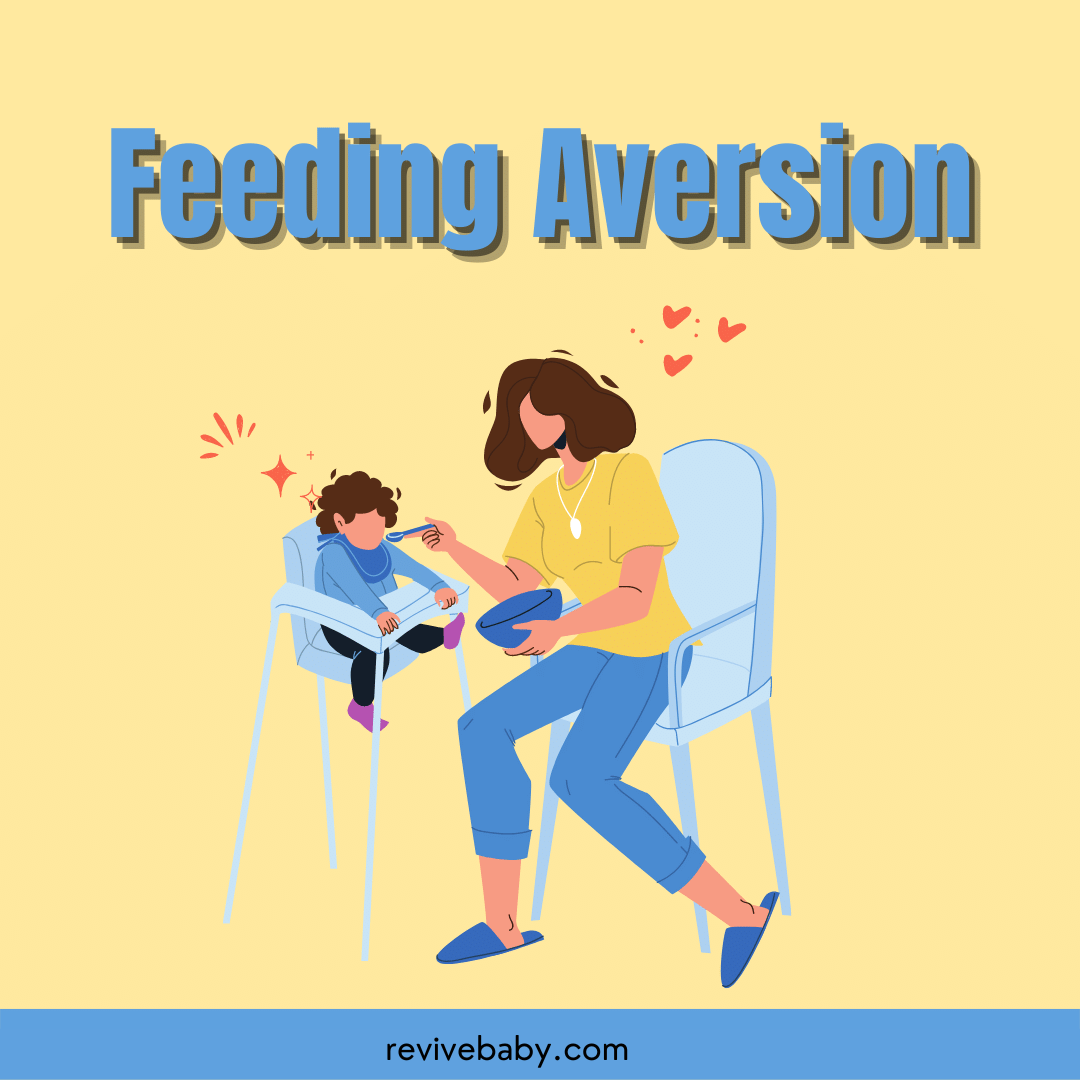Babies with oral aversion will refuse to drink anything from a bottle or even through the breast. Most babies show this behavior when they relate feeding with some unpleasant event. If your baby is also showing the same behavior, don't worry because here, we will discuss all you need to know about feeding aversion.
Feeding Aversion
Many people think feeding aversion can only develop in toddlers, but it is not true. A baby of 2 months can even develop feeding aversion and refuse to take anything. Such babies are hard to handle, and new mothers may develop anxiety. If you're also experiencing the same thing and want to know about the causes and treatment for this, then let's dive in.
Causes Of Feeding Aversion
Some children may show picky behavior while eating, but if a baby refuses to drink milk, it may confuse many mothers.
If your baby is also showing the same behavior and you want to know the reason behind this food strike, there are some common causes because of which your baby may develop an oral aversion.
Pain
Pain or difficulty swallowing is among the most common reasons babies may develop oral aversion. It can be because of mouth ulcers, acid reflux, or milk protein allergies. It can also be because of chronic constipation or any other systemic disease.
Sensory And Developmental Issues
70 to 89% of babies with developmental disabilities such as autism show food aversions and refuse to eat. They may find the food texture and color irritating, and because of this, they start to avoid food.
Premature Birth
According to the national library of premature medicine, babies have a higher risk of aspiration while feeding. Such babies also start to fear feeding and try to avoid it.
Stress
If you're forcing your baby to eat against his will, then feeding will become annoying for your baby. The most common psychological reason for babies developing feeding aversion is to force them to eat against their will.
It is the primary reason when no other factor contributes to oral aversion. However, it may become the secondary cause when the baby is not feeding because of any other disorder and parents forcefully try to feed.
Feeding Aversion Symptoms
Look for these symptoms if you are confused and don't know if your baby is developing feeding aversion or is just a picky eater.
- Refusal to eat or drink anything
- Starting crying on seeing a feeding chair or bib around the neck
- Appear hungry but refuse to eat anything
- Shut his mouth and move face away from the bottle or breast
- Consume much less milk or food than usual.
- Stunt growth
- Take only a small portion of food when extremely hungry and start crying.
A baby can't avoid feeding completely and will eat a little to survive. Baby will try to suppress his hunger and hunger cues for as long as possible. The frequency of aversion varies, and the baby may refuse to eat one type of food or maybe show a complete feeding strike.
How To Overcome Feeding Aversion
Feeding aversion is a very stressful situation for mothers and babies. If your baby is also showing oral aversion and you want to treat it, then here are some of the things which you must follow
Try To Find The Cause.
Feeding aversion is multifactorial and can be resolved by treatment of the underlying situation. If your baby has developed mouth ulcers or is in pain because of any stomach or systemic disorder, then treating the underlying cause can automatically resolve feeding aversion. However, if it is because of stress, try to find your baby's stress and avoid it.
Don't Force Them To Eat
If your baby is unwilling to eat, don't forcefully insert the bottle into their mouth. Calm down and gently feed them instead of forcing, as forcing may result in secondary aversion.
Change Feeding Bottle
Sometimes, you may have recently changed the baby's feeding bottle, and the new feeding bottle is irritating the baby. If you feel your baby is showing feeding aversion on changing bottles, try to use the previous bottle.
Also, look at the nipple of the bottle because the hole in the nipple can affect the flow rate. Babies who are previously breastfed can't handle the fast rate.
Change Milk
Sometimes you may change your baby's milk formula, or you try to shift your baby from breastfeeding to formula milk, and the baby doesn't like the taste of it or the texture. In such cases, the baby will also refuse to drink milk and start to avoid his hunger cues. If you're facing this, switch back to the old formula.
Regarding breastfeeding, do not immediately shift your baby to milk formula if they show feeding a version; however, do it gradually. In the beginning, try to give them just one bottle of formula milk and then increase it gradually.
What Is The Difference Between Feeding Aversion And Picky Eating?
Many parents confuse feeding aversion with picky eating and think babies are just picky eaters; however, small babies who rely on milk for their nutrition can't be picky eaters. Picky eating behavior and food aversion can be confused in toddlers. If a baby feeds only on specific food groups, such as snacks or junk food but avoids eating healthy foods, then your baby is a picky eater.
In food aversion, babies refuse to eat partially or completely. On the other hand, picky eater babies eat only a specific food group while avoiding other food groups. Picky eating is also as dangerous as food aversion because it can deprive your baby of some essential nutrients. So make sure to treat the picky eating behavior of your babies as well.
Faqs
How common is feeding aversion among babies?
According to research, feeding aversion is common in babies, and 25 to 45% of babies may show it at some time. If you feel your baby is refusing to eat and this habit is increasing daily, immediately contact the doctor and ask them for more tips and tricks or specific medications that may help treat it.
At which age do children show picky eating behavior?
Small babies who feed on milk can't show picky eating; however, when they grow up at two years old, they may start to show picky eating. Most toddlers of two to four years show picking eating, and if it is not treated on time, It may become permanent.
Conclusion
Feeding aversion is shown by almost 25% to 45% of babies and is associated with some unpleasant memory, which is more psychological than physical.
If your baby is also showing feeding aversion and you don't know what to do, read this article thoroughly and follow the instructions, as it will help overcome feeding aversion.









